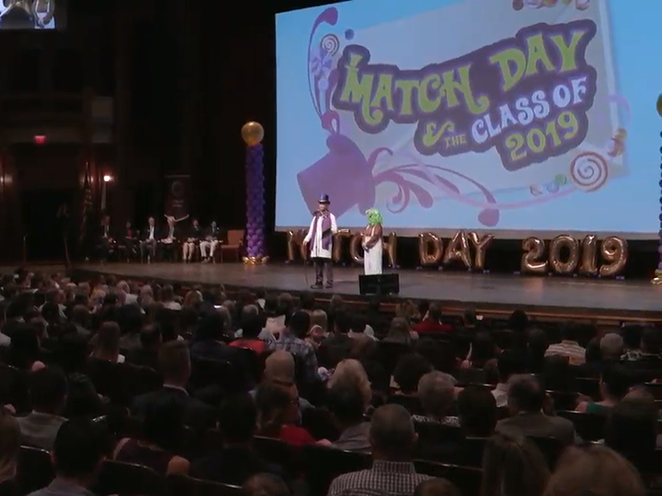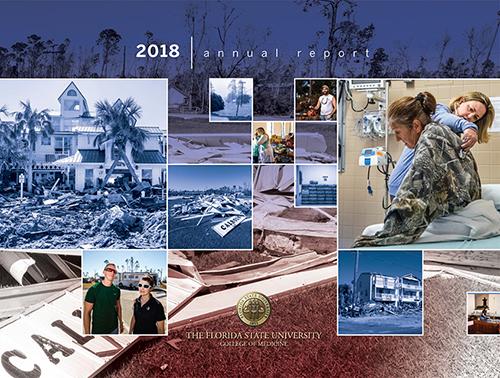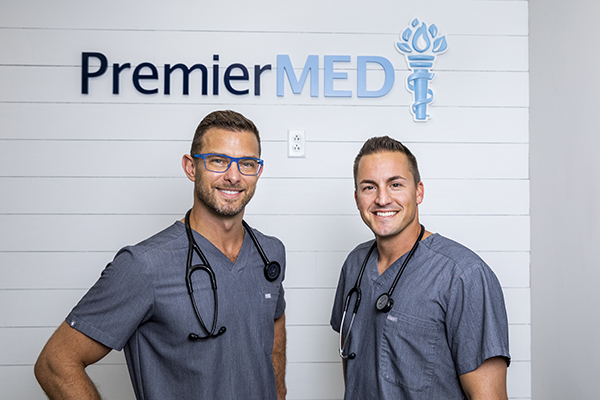Eighteen members of the Class of 2020 have been chosen for the FSU Chapman Chapter of the Gold Humanism Honor Society.
The Arnold P. Gold Foundation for Humanism in Medicine defines humanism as the link between compassion and scientific competence. When practiced, humanism in medicine fosters relationships with patients and other caregivers that are compassionate and empathetic. It describes attitudes and behaviors that are sensitive to the values, autonomy, cultural and ethnic backgrounds of others. The humanistic doctor demonstrates the following attributes (I.E., C.A.R.E.S).
- Integrity: the congruence between expressed values and behavior.
- Excellence: clinical expertise.
- Compassion: the awareness and acknowledgment of the suffering of another and the desire to relieve it.
- Altruism: the capacity to put the needs and interests of another before your own.
- Respect: the regard for the autonomy and values of another person.
- Empathy: the ability to put oneself in another’s situation, e.g., physician as patient.
- Service: the sharing of one’s talent, time and resources with those in need; giving beyond what is required.
The students selected for the Class of 2020 are:
- Alexander Baradei (Sarasota Regional Campus)
- Jordan Carbono (Orlando)
- Joseph Chen (Tallahassee-Marianna)
- Barbara Christakis (Daytona Beach)
- Efe Cudjoe (Fort Pierce)
- Ally Davis (Pensacola)
- Olivia Donnelly (Daytona Beach)
- Ryan Earwood (Orlando)
- April Graham (Tallahassee-Thomasville
- Matthew Hager (Tallahassee-Thomasville
- Jim Jin (Fort Pierce)
- JJ Kuhlman (Daytona Beach)
- Casey Mason (Orlando)
- Cordy McGill-Scarlett (Fort Pierce)
- Cilia Nazef (Fort Pierce)
- Scott Nelson (Tallahassee)
- Reema Tawfiq (Tallahassee-Marianna)
- Ariana Trautmann (Pensacola)
“It was encouraging to see so many of our students recognized by faculty and staff from across all four years of the curriculum AND their classmates,” GHHS faculty advisors Daniel Van Durme and Suzanne Harrison wrote in an email announcing the winners. “These students rose to the top as true exemplars of humanism by receiving multiple nominations from faculty, staff and peers in EVERY category demonstrating clinical excellence, service to others, patient-centered approach to care and compassion."




